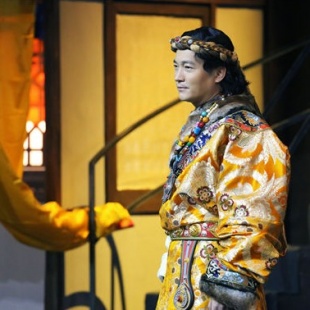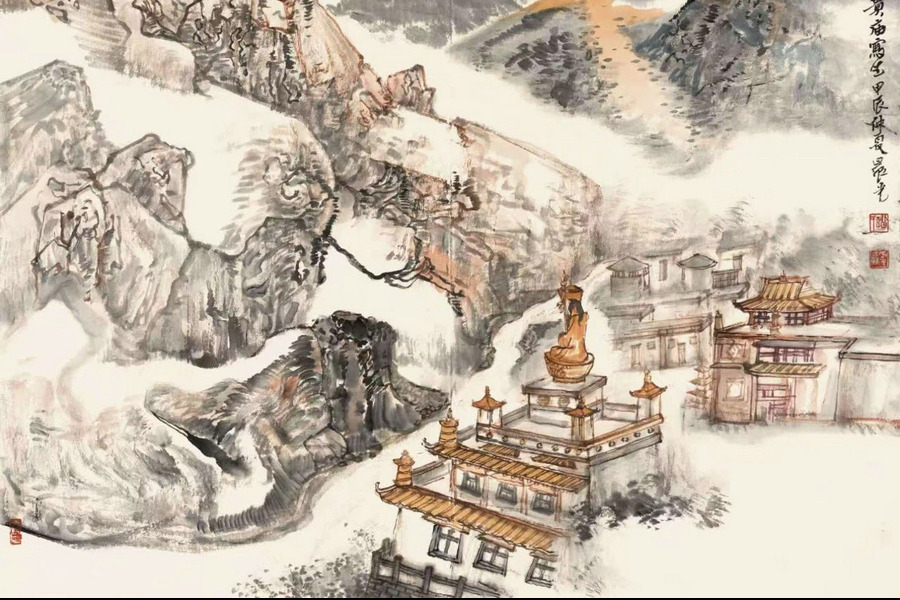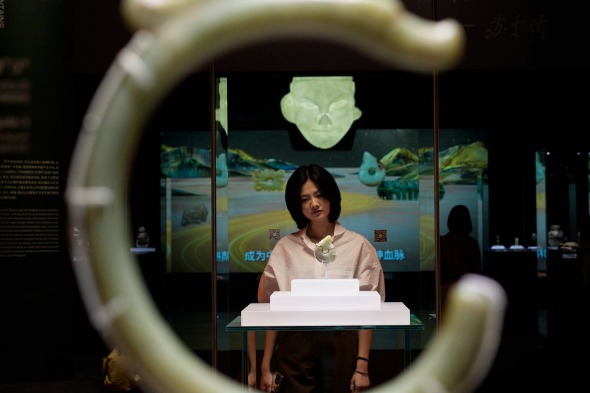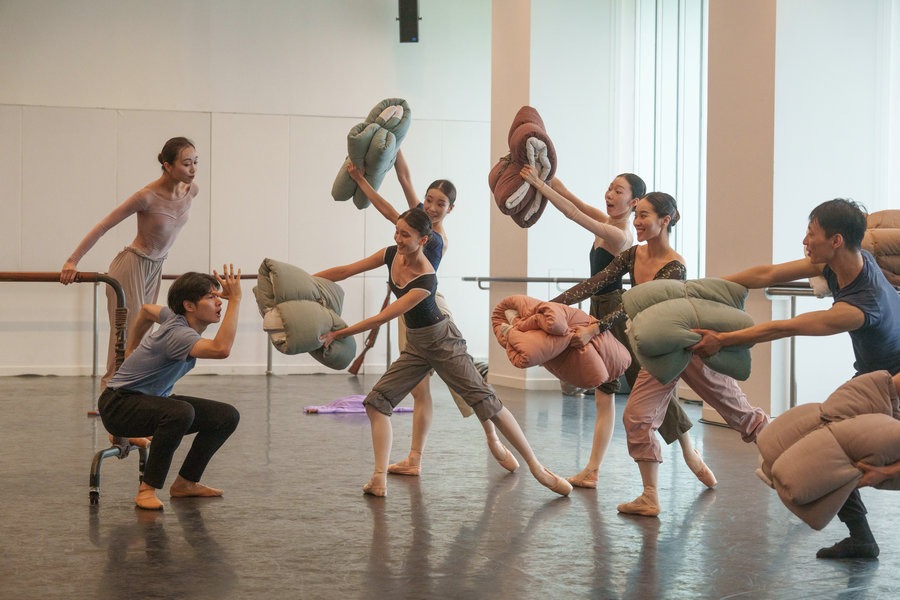Dusting off a classic

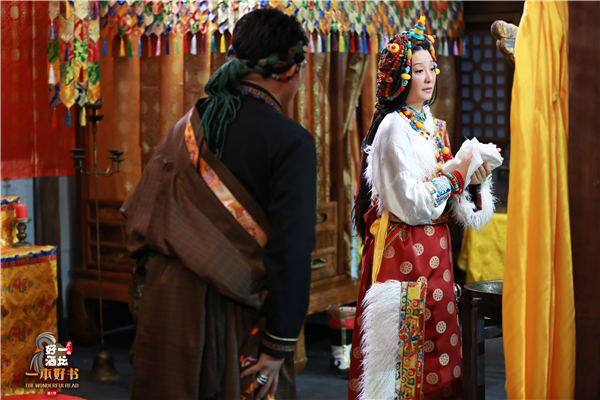
Regarded as a Tibetan Games of Thrones by younger Chinese readers, Settling Dust similarly contains torture, cruel deaths, desire, adultery, love, intrigue, rivalry between siblings jostling for power and revenge, as well as mysticism and the practice of witchcraft.
Guan Zhengwen, chief director and one of the scriptwriters for the play adaptation, hails the novel as an allegory for the entire human race. As one of the first readers of the book, he fell in love with Settling Dust immediately.
"Now 20 years have passed, and I still believe it is one of the best works in contemporary Chinese literature," Guan says.
In 1997, three years had passed since A Lai completed Settling Dust, but all the market-driven publishers rejected his manuscript.
"They said it's a good novel, but the masses would not like it because it wasn't a trendy topic, which did not convince me. Why wouldn't people want to read a good work?" A Lai says
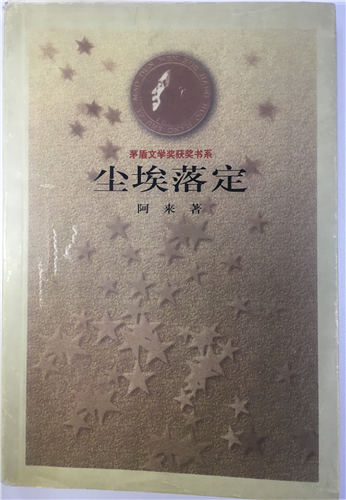
At that time, Guan was an editor at literature magazine, Selected Stories, in Beijing. He met A Lai at a literary event in Zhangjiajie, Hunan province. When A Lai showed him the novel, he wanted to run it in the magazine. At the same time, one of the top publishers in China, People's Literature Publishing House, had also decided to publish it.
Settling Dust became a best-seller in 1998. In interviews, A Lai told reporters that he was confident that the novel would outlive other bestsellers of that year. Now, time has indeed seen it hailed as a classic of contemporary Chinese literature. That is why Guan decided to produce a play of the novel and put it online.
"Many people describe it as an elegy to the last Tibetan chieftains, but for me, it goes far beyond that. It's about human society and the fate of humanity. There's not only the relationship between chieftains, but also hierarchy in family and in society, as well as economical life. It's a microcosm of all human life, a window through which you can observe humanity," Guan says.
"It includes ideas that you can see in the best literary works from around the world, such as those by Shakespeare," he adds.


